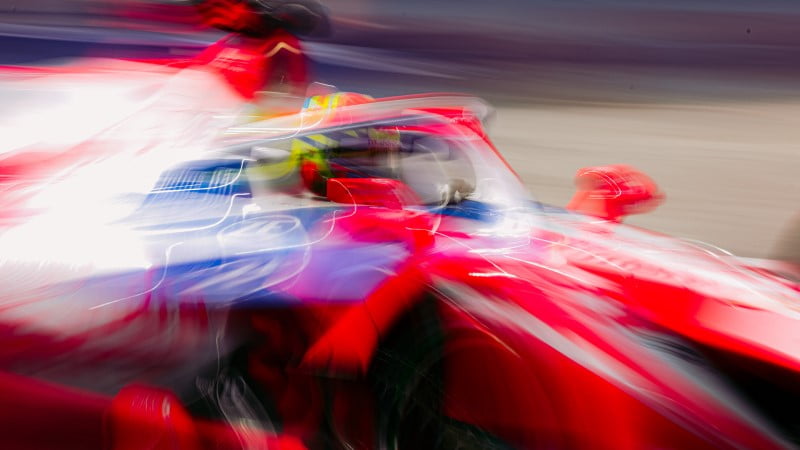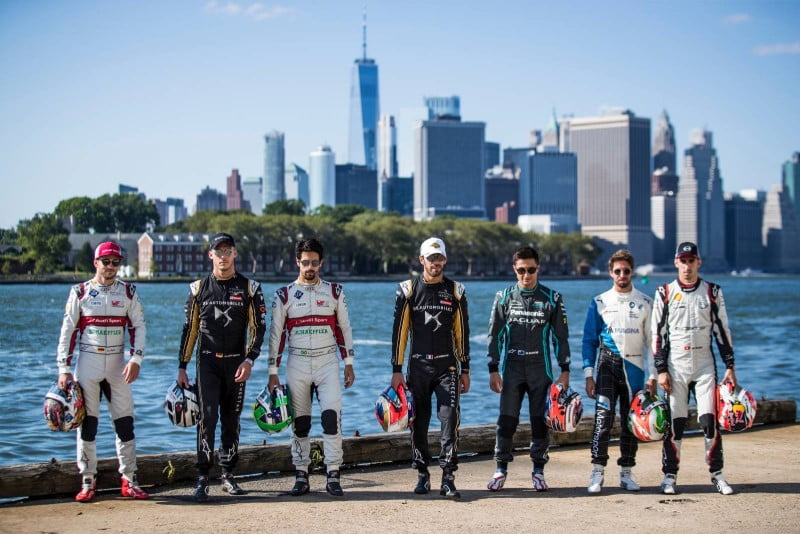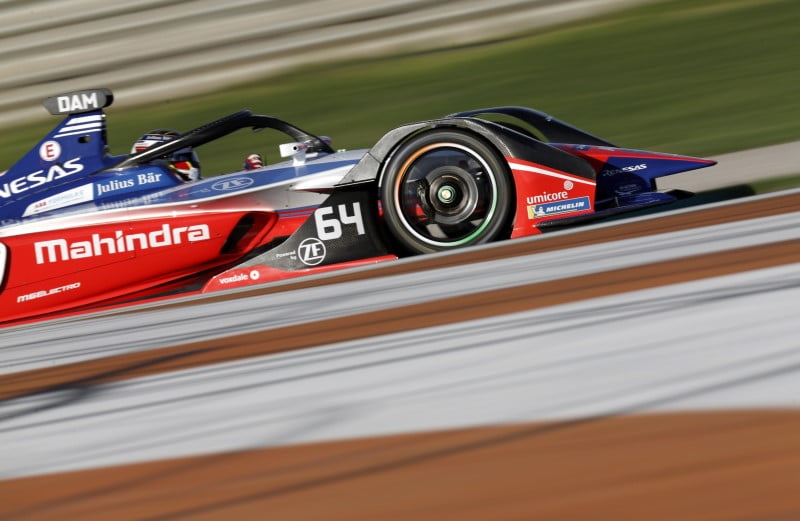Mahindra Racing’s Team Principal Dilbagh Gill pens a note explaining how Motorsports of the future will rev up ‘good business’.
The past decade has seen extraordinary change and evolution in the world of motorsport. From the launch of Formula E, the world’s first all-electric racing series, to the introduction of the turbo-hybrid engine in Formula 1 and the introduction of the W Series, an all-female single seater championship, it has been a transformational era for our industry.
Like every business in the Mahindra Group, the idea of ‘Good Business’ through our investment in motorsport goes beyond products and profits. The showcase of the transformational capabilities of electric vehicles through electric racing underpins business and environmental success in the long run.
As we look ahead to the future, we believe this transformation is only set to accelerate as the sport pushes boundaries like never before. We are defined by a stopwatch; motorsport will always remain a forward-thinking hotbed for innovation to shave of tenths of a second.
Sustainability, a social conscience, new age technology and growing connectivity will all combine to further revolutionise the sport.
Many of the changes to come are hard to predict or imagine today, such is the rate of development. But they will be shaped by the trends shaping the wider automotive sector.
Much like other industries, when it comes to motorsports, ‘Good Business’ is a constant state of evolution, and different aspects of motorsport hold different value to all stakeholders, including drivers, technicians, audience, etc. So, while it’s hard to envisage the exact shape of things to come, it’s certainly possible to identify the forces and the influences that are shaping the future of motorsport.
1. Sustainability and environmental awareness on and off the track
Understanding sustainability and environmental issues are a dominant part of the human consciousness today. A company’s social and community impact is being discussed as loudly and frequently as its balance sheets; and by more people than ever before. The latest data from Mahindra Corporate’s ‘Good Business’ study indicates that for 62.42% of the respondents, society and community are critical to their idea of ‘Good Business’. Even motorsport knows it has to be sustainable. Formula 1 world champion Lewis Hamilton has gone vegan, sold his private jet and is increasingly taking a vocal stance on environmental and human issues. Formula 1 is aiming to be carbon neutral by 2030.
Tech Note: Just How Different Will Motorsport Look In Ten Years?
In Formula E we achieved this goal earlier this year. We are a carbon neutral championship and Mahindra Racing is also carbon neutral as an organisation.
At a team level it has also made Herculean efforts. It was the first Formula E team in history to receive the highest sustainability accolade (Three-Star Accreditation) by the Federation Internationale de l’Automobile (FIA), motorsport’s governing body. The team is committed to the FIA environmental certification programme by minimising its environmental impact and working towards achieving carbon neutrality. It takes learnings from advanced technologies on the race track to apply it to its road cars within its Race to Road initiative, developing and promoting more sustainable transportation solutions.
2. Innovation and technology for the sport and to end users eventually
On the technical front car companies and racing teams are harnessing the power of innovation to find new-age solutions. New, lighter materials, more efficient manufacturing processes, clever software maps that make the most efficient use of hybrid engines, cleaner fuels; the march toward sustainability is relentless.
Ultimately, we will have to make sustainability convenient, for consumers at large to buy into the idea. And here too motorsport has a role to play. Things like fast and wireless charging and range anxiety are solutions that need continual development.
The BMW i8 plug-in hybrid Safety Car we use in Formula E sits on a wireless charging pad. Therefore, when not in use, it’s being charged up. There is tremendous potential in this technology. Imagine embedding these wireless charging pads beneath the road’s surface. In theory, you could then be charging your EV as you go. No more range anxiety. It sounds far-fetched (and expensive) to implement today. But who knows? It just might be possible tomorrow.
Peter Sauber Interview: Sauber’s 50 Years In Motorsport
3. Automation to play a stronger role
Believe it or not, automation has a role to play in motorsport. There are ways it can be incorporated without taking the human element away, which is why fans tune in, so the key principles of motorsport need to be maintained. Replacing the human element would diminish the spectacle, but there’s still room to develop automation technologies in motorsport.
For example, Formula 1 has deliberated over the idea of running an automated Safety Car. There is also a motorsport company called Roborace, which is working on the development of self-driving cars in a challenging but safe environment. Similarly, certain elements of a race, such as the formation lap, or a pitstop could theoretically be automated or self-driven. That way there is room to develop self-driving technology without taking any of the sporting richness away from race.
Motorsport needs to be simplified but also has to be spectacular– it needs to create a more equitable field of competition – but also reward innovation and ingenuity. Ultimately, motorsport has to stay relevant. But given the scale of disruption, it’s hard to say exactly what relevance will look like. Suffice to say the transformation in motorsport in the years to come is going to be sweeping.
It has long been said: “To stand still in racing is to go backwards”.














